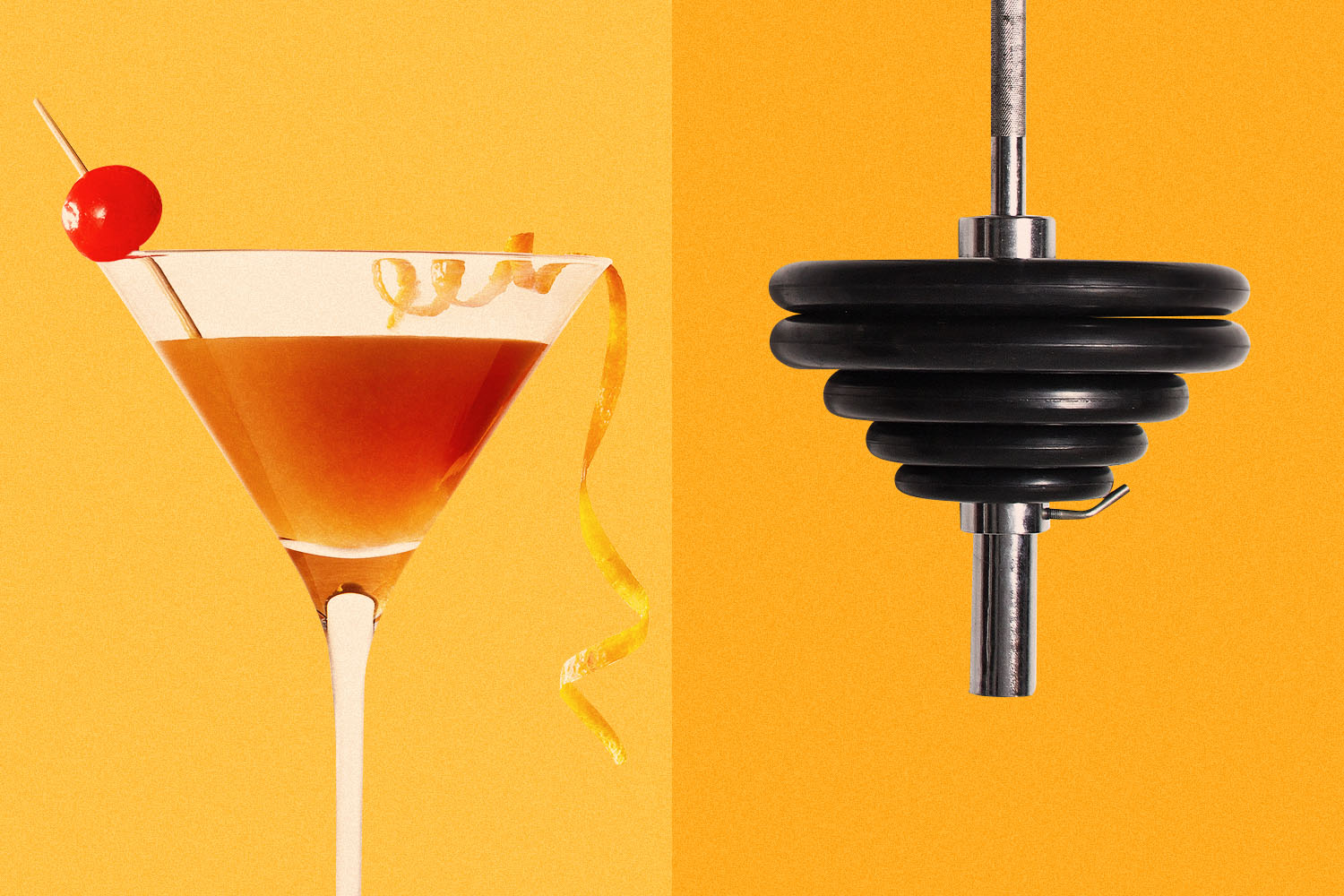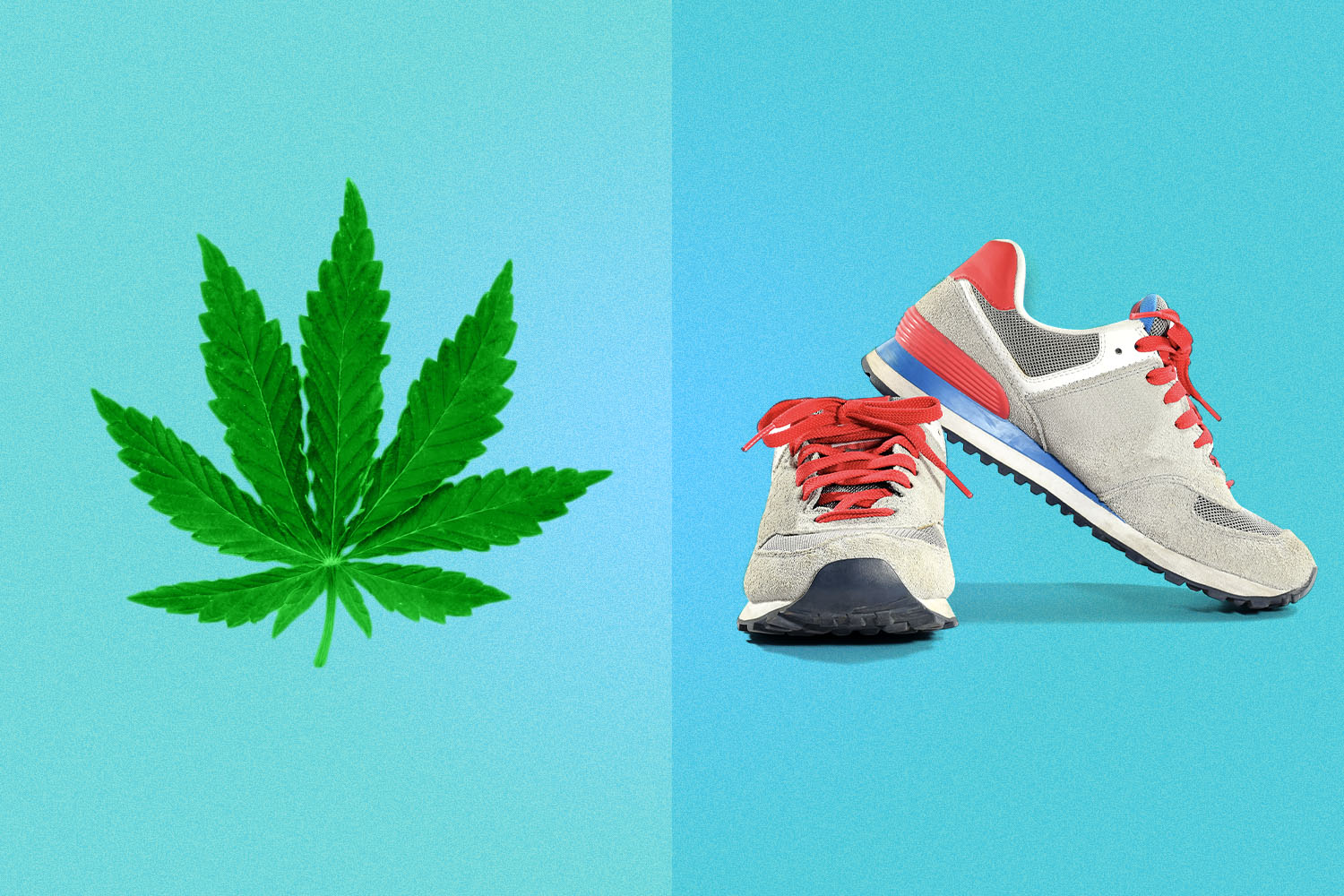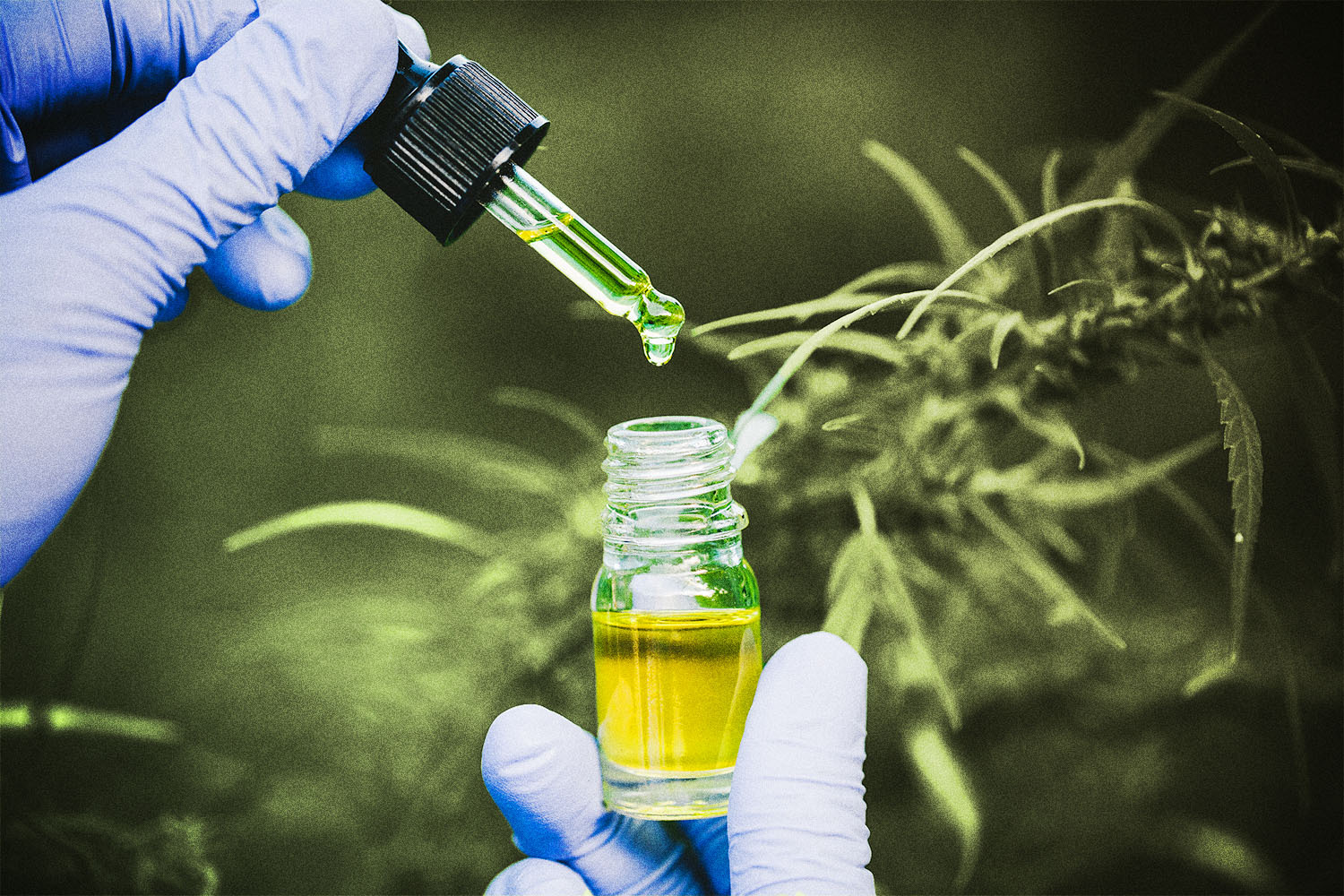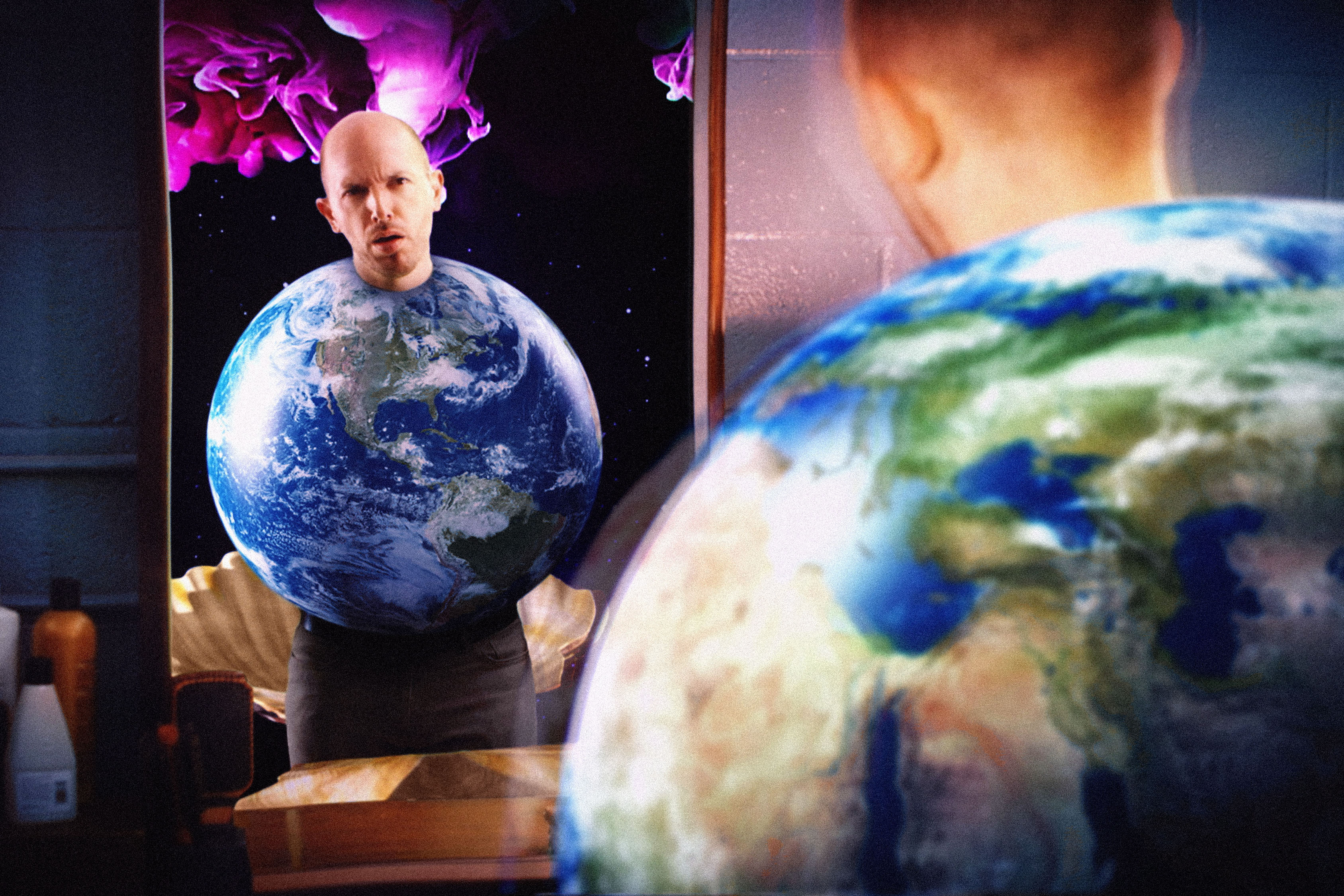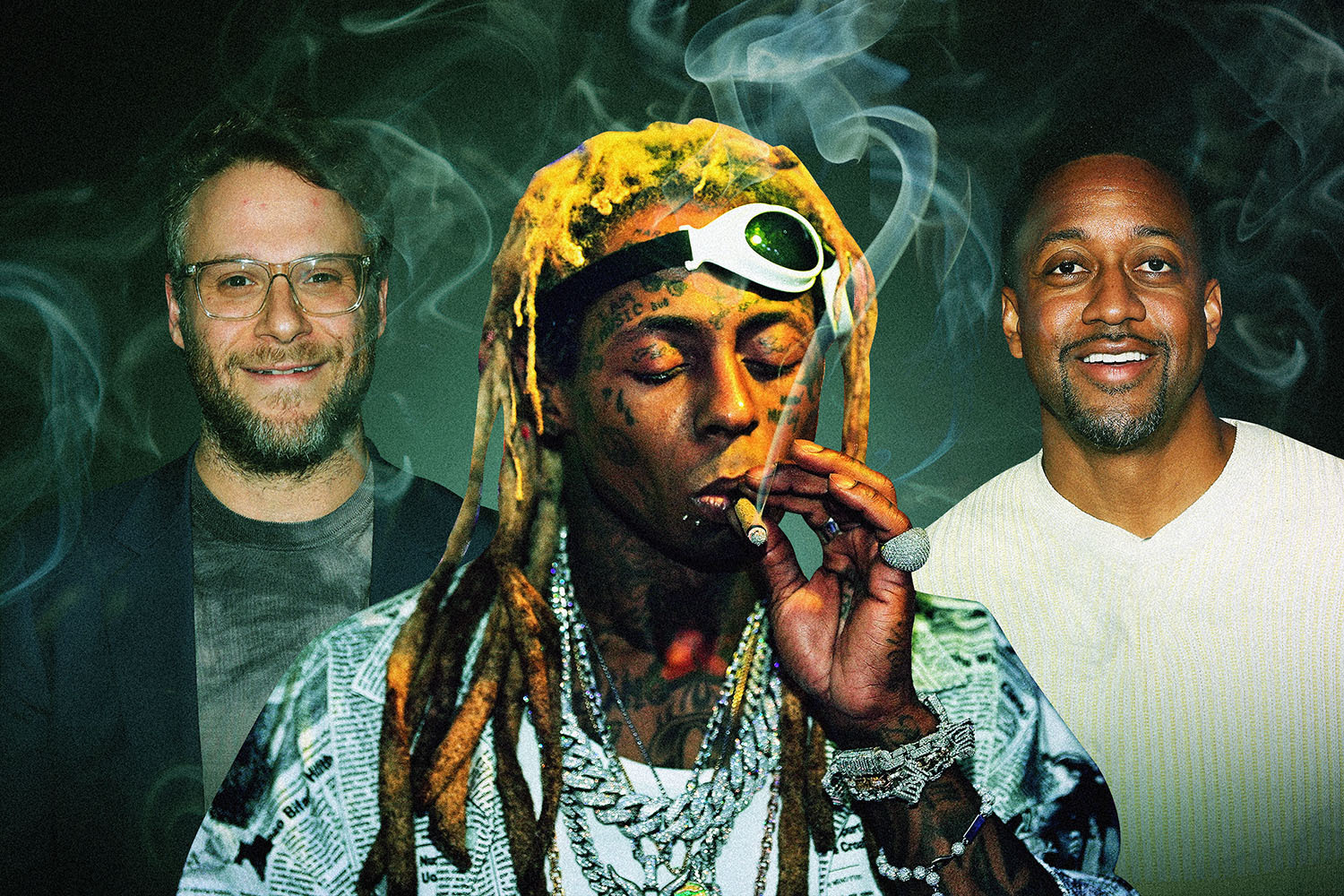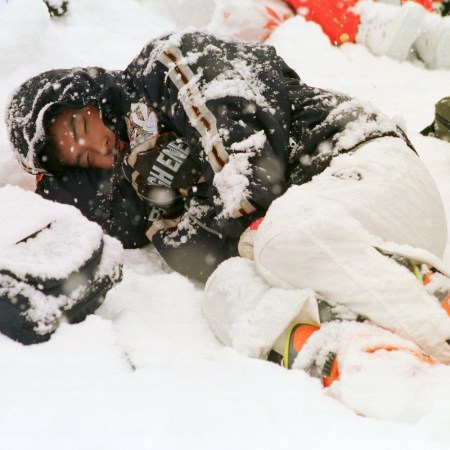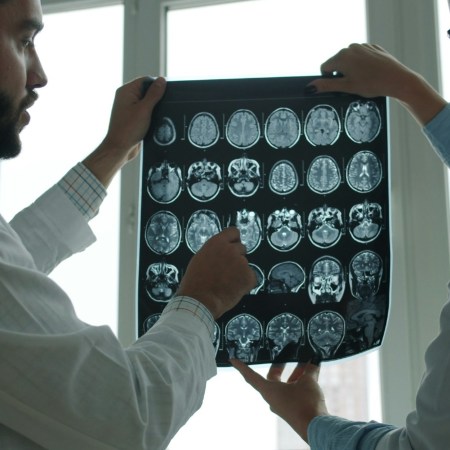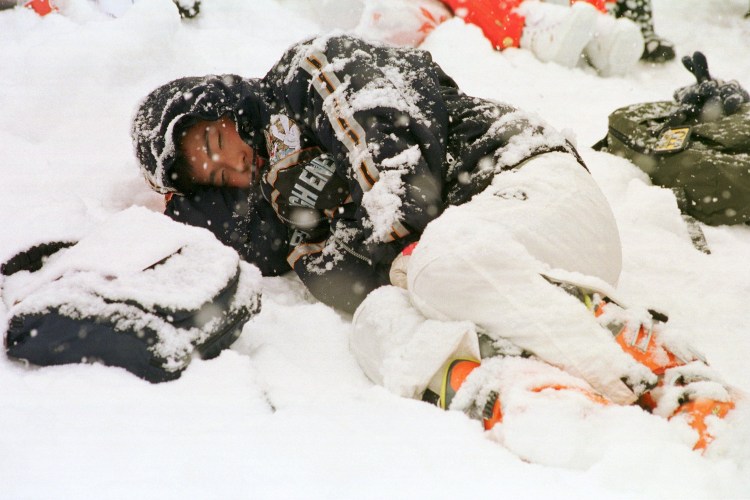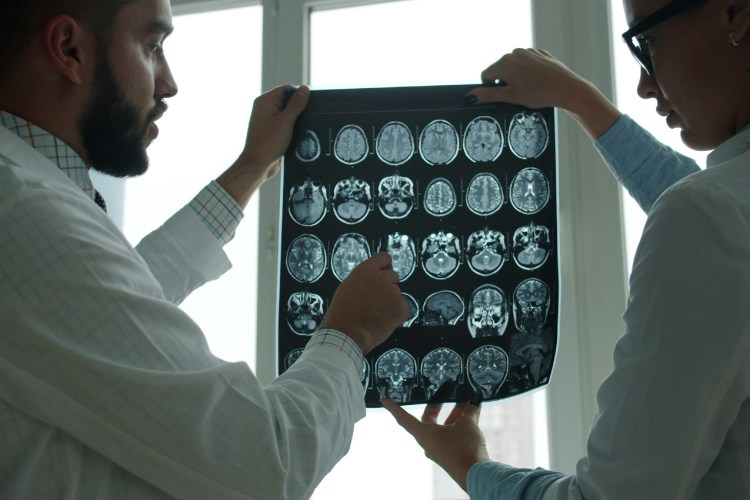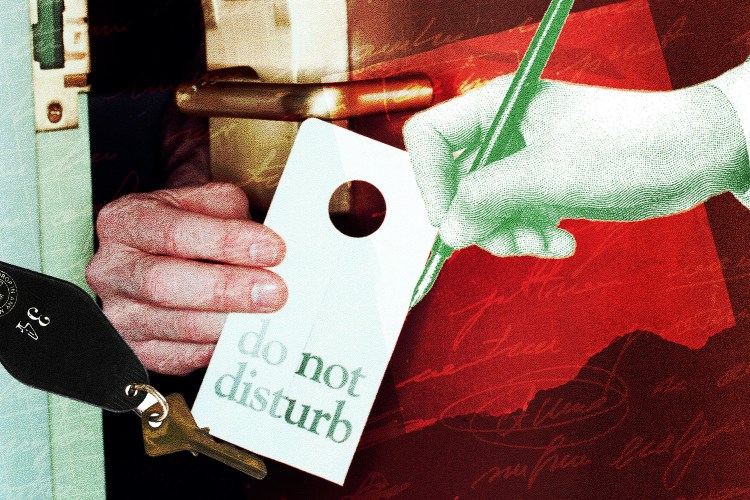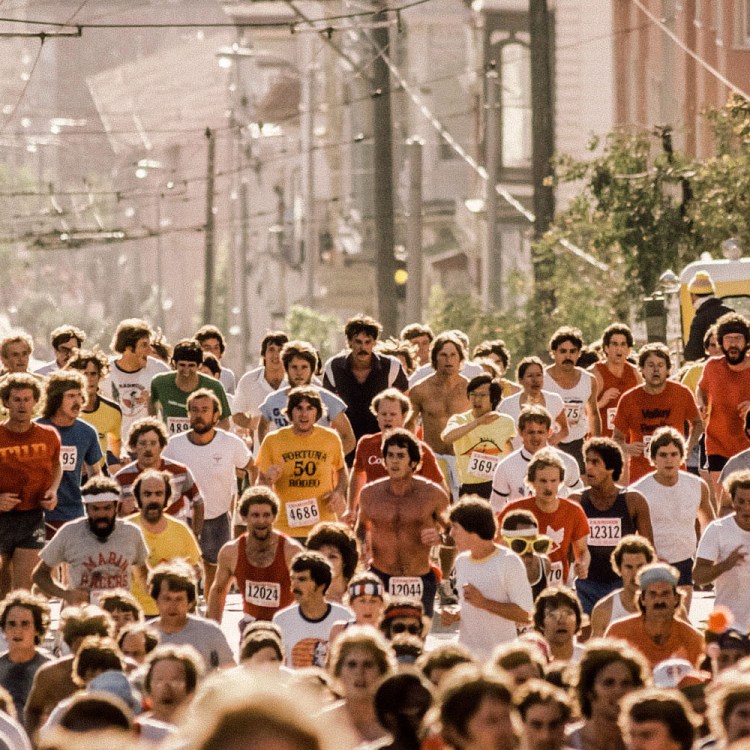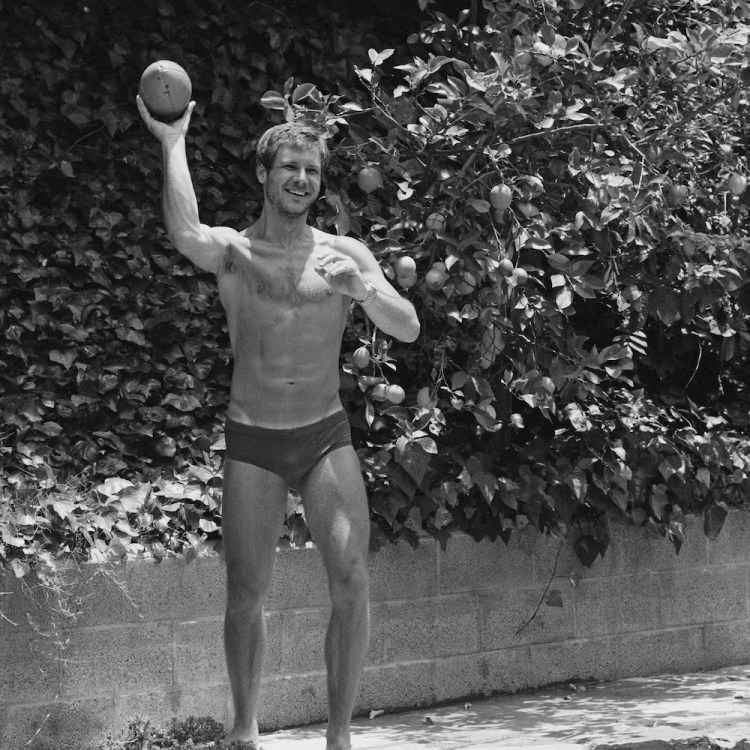Sometime in the first few weeks of 2020, Charles*, a 37-year-old psychotherapist, picked up and moved his wife and six-year-old child to a new state. A pivot of that magnitude is already stressful. Then came the pandemic. Charles entered an extended period of unemployment, and his marriage began to suffer.
But Charles was confident he could solve their problems. He asked a female friend to ship him some chocolate bars she’d started making at home when the pandemic started. One night, he and his wife sent the kiddo off to a babysitter and hung out on the porch of their new home, each breaking off no more than a half-gram’s worth of sweet goodness to gnosh on. Why so little? Not because they were concerned about putting on some pounds. The chocolate was laced with psilocybin, the psychoactive compound found in magic mushrooms.
“We noticed great benefits from it over the next few weeks,” says Charles, who has long been an advocate for the decriminalization of all drugs.
Their state that night, he says, was only “very gently” altered; they sat on the porch and talked through a range of lighthearted fare, including what they’d do if they ever won the lottery. Now, he and his wife enjoy this brand of date night once or twice a month. They’ve registered less stress and anxiety in their relationship.
“We’re picking on each other less,” Charles observes. “We’re more forgiving and accepting of each other.”
In practicing “harm reduction” — not engaging in this activity with their child around, locking the doors when they’re inside their home, taking other precautions — Charles says he’s not terribly worried about any of the potential health risks that come with taking the drug, which have been the cited basis for government restriction of psilocybin for decades. Charles, who’s struggled with anxiety and depression throughout adulthood, can’t advise his patients to seek out illicit substances. But should one of them raise the topic of mindful engagement in recreational drug use to ease their mental illness symptoms, he’ll explore it with them.
“I’m not going to encourage or suggest it,” Charles says in regards to the legal conundrum. However, he adds, “I am a big fan of people making the choices they need to make.”
It appears that many more people, particularly throughout this past year of tumult and loss, are making choices similar to the one Charles and his wife have made. A practice that Forbes recently called “trendy,” they’re taking small amounts of drugs, like psilocybin, LSD and/or cannabis-related compounds in an effort to cope with mental health challenges. Colloquially, this is called microdosing; however, it might technically be called “doing drugs,” albeit in smaller quantities than what it would take for a user to enter a severely altered state.
“A microdose by definition is not perceivable,” says a 23-year-old Georgian man name Kevin*. He runs what he calls an “underground clinic” where he teaches people how to practice harm reduction while engaging in illicit drug use for therapeutic purposes. Kevin says — and this checks out — that microdosing produces a “biochemical modulation on the person” who’s taking the drug, but it only becomes perceivable upon reflection, kind of like how Charles noticed the ways his marital relations improved over weeks and months after ingesting psilocybin.
Charles himself admitted he might have been “mini-dosing,” not microdosing, but we can give him a pass. It’s difficult for most ordinary people to decipher whether or not they’re technically microdosing, because definitive measurements of the substances are very small (just one percent of the active dose) and are dependent upon the drug type and bodyweight of the individual using it.
Regardless, whether we’re referring to the scientific or cultural definition of the term, microdosing is catching on.

Another recent adopter I spoke with, John*, is an alcoholic. At one point, he says that both anxiety and depression latched onto him so tightly that he turned to drinking’s loosening properties for help. In 2019, his addiction turned excruciatingly sour. The 66-year-old signed up for an experimental study which called for injections of an even more illicit substance into his body. Out of hopes it would guide him towards pseudo-sobriety, John consented to monthly microdoses of ketamine.
“It just worked super well,” he says.
Administered by the psychiatrist who’d springboarded a Canadian government-approved trial, John says the ketamine boosted his spirits so much — “erasing” his depression — that he ceased drinking and no longer needed Cymbalta. (The prescribed antidepressant, which John says didn’t do much for him in the first place, was the more difficult of the two to kick.)
John had enjoyed the effects of the four or five monthly injections he received, but then the COVID-19 pandemic put a stop to the research project.
“After that, I really, really went into a deep depression,” John says. “It was very dark for me.”
To his delight, John’s doctor prescribed him ketamine lozenges, which John says he was less likely to abuse. But after just one refill, John’s pharmacist told him the local government disallowed the distribution of small-dose ketamine lozenges.
“From there I kind of took things into my own hands,” John says.
With the blessing of his wife of 40 years, who’d observed John’s downward moodswing upon the first ketamine cutoff, he found a provider online. But after sending them some bitcoin and never seeing any product, John realized he’d been duped. That experience was repeated when a deep dive into the dark web turned up yet another scam-artist dealer. However, after some additional sleuthing, John discovered a more trusted distributor, with a series of reviews attached to their profile. He then purchased 45 American dollars’ worth of ketamine, which amounted to two grams.
Every four nights, he measures out 24 milligrams of the substance for consumption; the amount is equal to what he ingested via the lozenges, and he believes the stretch between doses will keep him from developing too much of a tolerance. This is a common practice in the microdosing community: a disciplined approach that also allows practitioners to fend off urges to abuse the drug, as an addict might tend to do.
“I don’t want to ruin a good thing,” John says. “This is the one thing that works for me.”
A new shipment of ketamine should arrive at his home soon.
Others report similar experiences when engaging with LSD, as well as the cannabis compounds THC and CBD. An 18-year-old Los Angeles college student, Chris*, says he never tried any illegal drugs until he graduated from high school in 2020. A friend introduced him to marijuana, but when he began hitting a vape pen locked and loaded with CBD oil cartridges several times a day last November, he gave it up out of worries he was developing a dependency. That didn’t stop him from downing some LSD a month later, though.
He enjoyed a few all-out trips before turning to microdosing, again out of fears he was using the drug excessively. Such concerns emanate, he says, primarily from the heavy-handed rule of his mother, which has also played a part in sparking the depression for which he’s seen a therapist the past two years. His mother’s strict tendencies were only ratcheted up by the pandemic, especially after a couple people close to the family came down with COVID-19.
“She doesn’t let me out of the house, so I feel stuck here,” says Chris. “I want some kind of excitement.”
A couple friends of his have delivered him drugs when Chris’s parents weren’t home. Once, while he spent the night at his grandmother’s house, he tiptoed down to the front gate under the cover of night for a handoff.
He recently purchased three LSD tabs of 310 micrograms, which he says might last him two or three months, as he only takes about an eighth at a time in a sitting that comes every couple weeks. Such a regimen, he says, means he could go throughout a whole day with no one noticing any difference in behavior. “I’m not, like, tripping balls,” he says.
Still, he says, the exercise puts him “in a really good mood” and has “definitely changed [his] mindset,” even beyond the days he’s microdosing. “Things just make more sense,” he continues. “I feel more positive or at ease; I don’t stress as much as I used to because now I know everything’s gonna be fine.”
Under the influence of LSD, no matter how miniscule, Chris says he doesn’t pay as much mind to his mother’s almost fascistic parenting tactics. Meanwhile, as with John and his ketamine, the LSD has defeated his depression.
Another Canadian resident who works in contracting and asked to be referred to only by his first name, Devin, says psilocybin microdose capsules helped pull him out of an extremely grave emotional state, in which he “gave up” and would “go a few days at a time without eating.”
In 2019, he endured a hospital stay for a serious medical emergency. The event added to his belief that he did not have a support system; however, when the pandemic struck, two friends of his took him in and he reconnected with his mother after 15 years. Early last summer, he began a microdosing schedule of four days on, three days off so as not to develop too high a tolerance.
“Since microdosing, I have become more artistic (writing, photography and music),” he writes in an email. “I feel the healthiest I’ve felt in a decade, I have a renewed love of life and the outdoors. I started skateboarding again and it’s opened my eyes to my priorities of living happily instead of living to make money.”
He’s been dating a woman for the past six months as well, revealing to her right away that microdosing was a vital aspect of his health and happiness.
When asked whether or not he’s worried about bodily harm from the drug, he writes that the side effects from psychiatric pharmaceuticals — which in the past gave him “brain zaps,” an electrical sensation in the brain, and caused him trouble with sexual performance — “exceed the dangers of psilocybin.”
Preston*, an Oregonian man who began microdosing LSD in February to keep his depression at bay, is far more worried about the substance’s prospective side effects and health risks.
“Part of me is concerned that I’m not helping my brain at all by microdosing,” the 28-year-old house-flipper writes in an email. “It’s fun, and enjoyable, but what if it fucks with the serotonin receptors (which seem to be already pretty screwed up in my brain due to genetics or whatever caused my depression to begin with) and lead to an even less stable baseline than going into it? … I could be severely screwing up my brain by trying to help it.”
At this point, though, Preston might not have much to be afraid of. The jury’s still very much out on microdosing — at least, the strict scientific version of it.
“There’s not a lot of studies that show that it’s conducive to anything other than spending your money,” Kevin, who runs that underground clinic in Georgia, says. He even recommends against microdosing during the pandemic — which has brought about difficult financial circumstances for many — and cites studies that show microdosing’s benefits could simply be the result of a placebo effect.

Whether or not she’s heard the news that microdosing might be bullshit, it probably wouldn’t stop Jac* from what she calls microdoses of cannabis. The 23-year-old freelance video producer says she is autistic and lives with ADHD, having been diagnosed just this past winter. She’s struggled with anxiety and depression since teenhood and is looking to try talk therapy again soon after not clicking with a couple other therapists in the past. But she just started taking Adderall, which has helped her symptoms immensely, and she’s still throwing back half a gummy edible every couple days, a ritual she started last summer.
The product aids her sleep and relieves her body of tension caused by the physiological effects of her autism. The gummy also helps her get through TSA without nearly having a panic attack.
“Every now and then I run into trouble,” she says of the toughest days at the airport. “They don’t like the looks of me, I guess, because I fidget too much … and I carry unusual things in my bags and look impatient.” But a small dose of her trusted Delta-8, she says, means she’s suddenly “not particularly bothered” by the circumstances.
For Jac, the pandemic was a moment in which she could “take a step back” and reevaluate her personal and professional life. She made changes in the ways she approaches work that mix better with her mental health needs. The balms of Adderall and cannabis have also come into her life thanks to the extra time she had to explore such treatment possibilities.
As an Illinois resident, she obtains the 10-milligram edibles legally. Is taking a half actually microdosing? As long as that word remains a nebulous, self-applied one — and as long as the substances themselves remain illicit — it’s impossible to say. While clinical trials of MDMA and ketamine are now flourishing throughout the research community and a number of states have now either legalized or decriminalized psilocybin, it will likely be years before usage of those drugs in recreational settings comes with standardized dosages or acute knowledge of how users can achieve certain effects. But for those folks who have already figured out how to safely, happily self-administer, experience is the only proof they need.
*Names have been changed for purposes of anonymity
The Charge will help you move better, think clearer and stay in the game longer. Subscribe to our wellness newsletter today.

